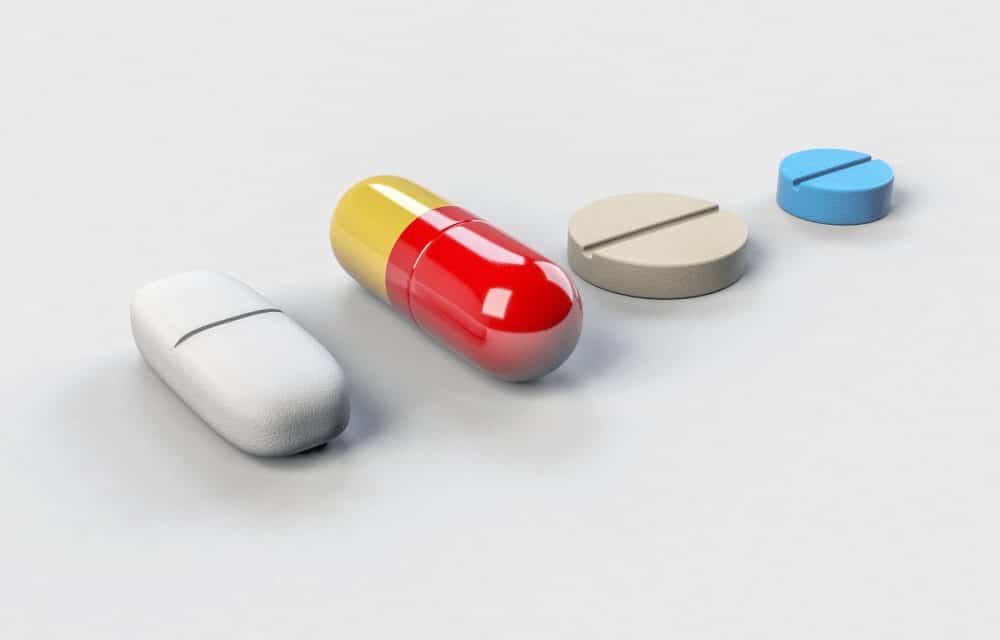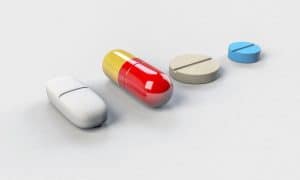Is There A Good Time Of Day To Take Vitamins?
Not everyone needs supplements if they eat right, but some still do. Each person’s body and needs are different. Once you find you have a deficit, other questions arise. Is an imbalanced diet the cause? Is there a health issue responsible for the problem? Once you answer those questions, you move to the type and dosage of the vitamins and the time of day you take them. There are two types of vitamins: fat-soluble and water-soluble. Water-soluble vitamins include eight B vitamins and C. Fat-soluble vitamins include D, K, A, and E.
You should take some vitamins with food.
There are several reasons to take vitamins with food. Some work better on an empty stomach. Some require the consumption of food to avoid digestive issues. Fat-soluble vitamins need fat for absorption. Taking them with a small amount of fat ensures they are available for the body. The fat should come from healthy choices like avocados or salmon. Studies show that when a person takes vitamin D after a meal, absorption increases by 32% compared to vitamin D taken with water. When taken after a meal with more than 5 grams of fat, the absorption increased by as much as 57%.
Can food interfere with the absorption of water-soluble vitamins?
Water-soluble vitamins like vitamin C dissolve easily in water, so drinking a glass of water is the only thing necessary. The water should be tepid. If it’s too hot or cold, it can interfere with the process. Water-soluble vitamins should be taken on an empty stomach, according to some authorities. Vitamin C may cause stomach issues in some people when taken on an empty stomach. Vitamin B12 tends to boost your energy. Take it in the morning to avoid insomnia.
Multivitamins diminish the absorption of one vitamin type.
It doesn’t matter whether you take a multivitamin at mealtime or take it earlier with only water it will affect the absorption of either fat-soluble or water-soluble vitamins. There’s no best time to take them unless you’re susceptible to stomach issues from vitamin C. In that case, taking them with food protects from gastrointestinal issues and provides the fat necessary for absorption of the fat-soluble vitamins. The trade-off is diminished absorption of water-soluble vitamins.
- Always take fat-soluble vitamins after you’ve eaten food with fat. You don’t have to eat an entire meal. You can eat toast with mashed avocado instead of butter or a cup of yogurt.
- B-complex vitamins boost energy. Taking them before a workout may be beneficial. Vitamin D is necessary for strong muscles and bones. Use them before strength-building sessions.
- If you’re building muscle, taking vitamin D before a workout with a snack helps increase testosterone levels and makes muscle-building easier.
- If you’re taking any medication, always check with your healthcare professional or pharmacist before taking any supplements. Some vitamins interact with or boost the medicine. One example is vitamin E. When it’s taken with warfarin it can cause excessive bleeding.
For more information, contact us today at Body Sculptors Personal Training



 It seems like there are supplements for everything from building muscles to improving your memory. Are these supplements any good and are there dangers to taking supplements? There are both pros and cons when it comes to any kind of product, whether it’s natural or not. You can get too much of a good thing, then it ceases to be good and starts having side effects. However, one of the biggest negatives of taking supplements is that people often mistakenly think they’re all that’s needed, and they don’t have to have a healthy diet as long as they take the supplements.
It seems like there are supplements for everything from building muscles to improving your memory. Are these supplements any good and are there dangers to taking supplements? There are both pros and cons when it comes to any kind of product, whether it’s natural or not. You can get too much of a good thing, then it ceases to be good and starts having side effects. However, one of the biggest negatives of taking supplements is that people often mistakenly think they’re all that’s needed, and they don’t have to have a healthy diet as long as they take the supplements.
